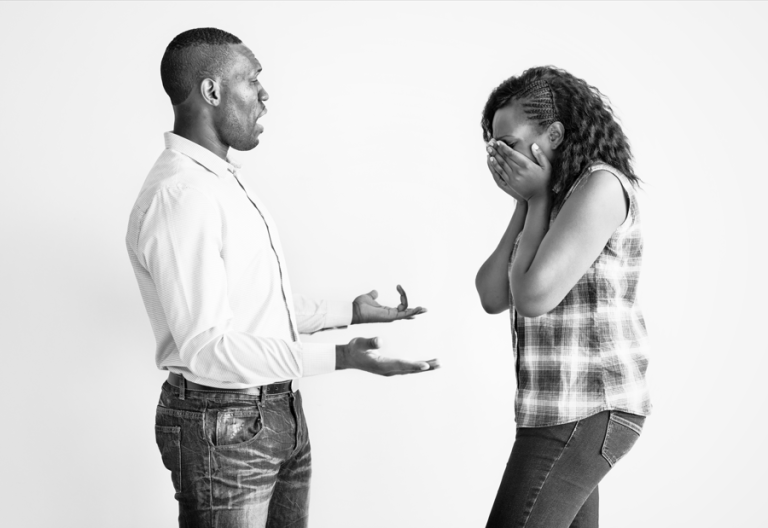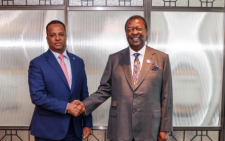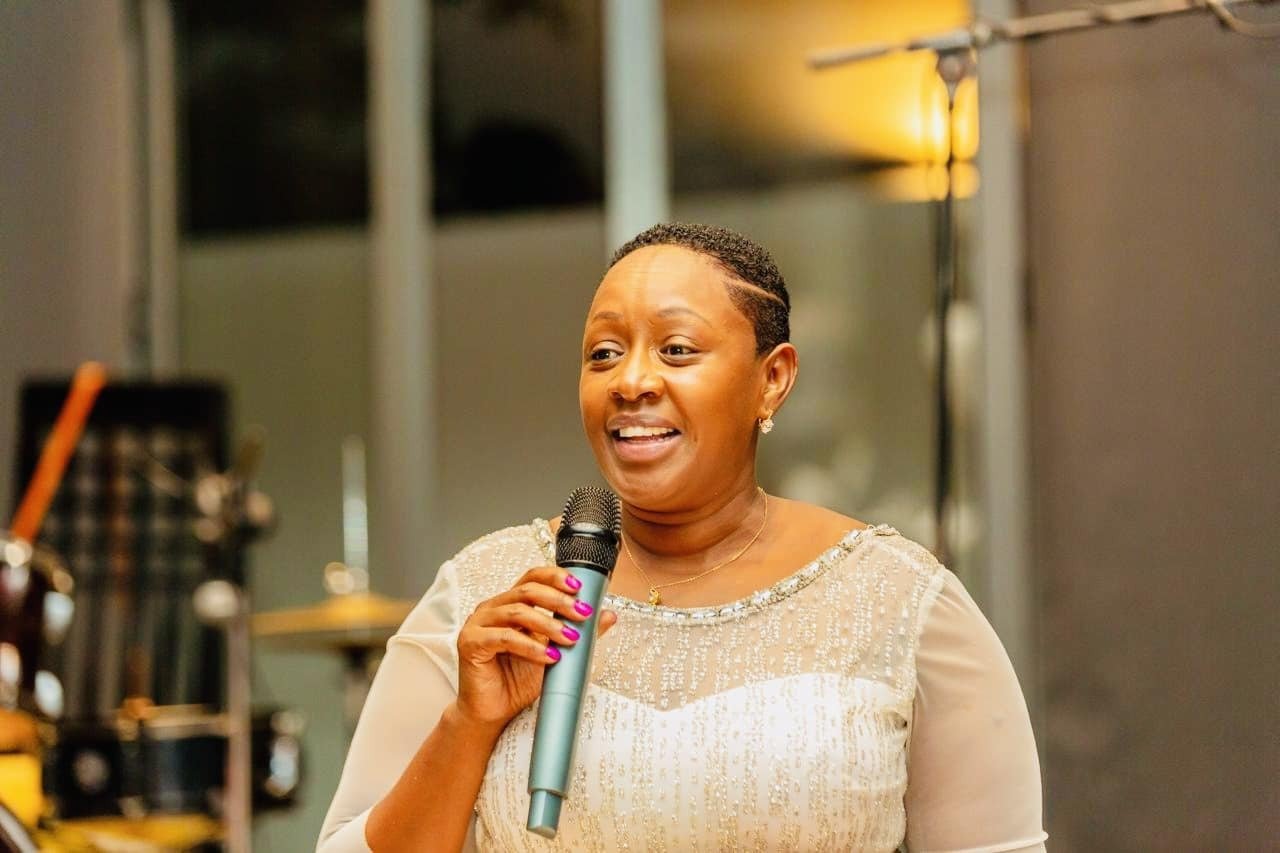Promoting positive masculinity to address gender-based violence

When the body of the slain Sylvia Kemunto was found in a water tank at the rooftop of Multimedia University, her death sent shockwaves across the country.
At just 19 years of age, the late Kemunto, a Bachelor of Science in Mathematics and Computer Science Student at the institution, was gruesomely murdered by her boyfriend.
Why? She allegedly refused his advances, leading to a confrontation that turned fatal for the victim. The details of her murder are chilling, yet also tragically familiar.
Remember the late Ivy Wangechi? At just 22-years-old, the promising sixth-year medical student at Moi Teaching and Referral Hospital was hacked to death by her jealous boyfriend who struck her twice with an axe and slit her throat outside the institution. He later admitted to court that he was jealous and lost control after he saw her hugging another man.
An emerging pattern
In all these femicide cases, including many others witnessed in the recent past, a disturbing pattern emerges – rejection as the trigger and men respond to it with violence.
These reactions stem from toxic masculinity, a rigid cultural script that tends to dictate how men should be and behave. It is a concept of masculinity being amplified such that men are culturally trained and socially pressured to be the ‘price’ and nothing less.
Toxic masculinity equates manhood with control, dominance, and entitlement. At the same time, it shames vulnerability, emotional expression, and the respect for autonomy. Such are some of the reasons why men can’t handle rejection.
According to Erick Mungai, the Founder of Yazua Afrika, an organisation that gives mentorship to young men, toxic masculinity can majorly be attributed to social media which continues to largely influence men’s thoughts and behaviours.
“One of the things that has become a clear reality over the last couple of months and even the last year is this predominant culture in the society. For us, it is TikTok and online access,’ Mungai highlights.
He adds “TikTok’s role is actually not only educating and informing, but also influencing largely the youthful demographic. If 12 million young men are being influenced and challenged by a predominant culture, a platform that informs their thoughts and behaviors, then you can begin to see the risks that are there.’’
Mungai further stresses that social media, in addition to male exclusion, have had a direct impact on toxic masculinity, which in turn leads to Gender Based Violence (GBV) and femicide.
“Men are often the perpetrators of femicide and GBV. Therefore, there is need to first empower men by engaging them through mentorship programs and prepare them for positive masculinity from as early as 12 years of age,’’ he notes.
Ending toxic musculinity
He further stresses that issues such as femicide and GBV where men are often the perpetrators, are recurrent because there are no systems in place to empower and support them.
“And then you wonder why the world is unsafe. In a world where boys flounder, women will never flourish. Hence the crucial need for male empowerment which can in fact tackle toxic masculinity,’’ Mungai insists.
As femicide-related cases continue to increase, with many women dying in the hands of their intimate partners, there is a growing movement that seeks to rewrite the script by replacing toxic masculinity with positive masculinity.
The government, in collaboration with the UN Women Kenya, youth advocates and gender experts are now calling for promotion of positive masculinity to curb GBV.
Speaking during the Regional Forum on Positive Masculinity and the Fight Against GBV, Antonia N’gabala Sodonon, the Representative for UN Women in Kenya says that positive masculinity will play a crucial role in curbing GBV which has become a menace in the country.
Challenging harmful practises
“Positive masculinity is a powerful tool in our collective journey towards gender justice. It calls on men and boys to reject harmful norms that equate manhood with dominance, aggression, or control. Instead, it promotes empathy, accountability and respect, and partnership. Positive masculinity encourages men to become allies to foster healthier relationships,” she says.
While women empowerment and calls for gender equity have always been the cornerstone of ending GBV, Sodonon notes that advancing positive masculinity requires practical strategies to challenge harmful gender norms and engage men and boys meaningfully.
More notably, Anne Wang’ombe, the PS for Gender and Affirmative Action say that in light of the recent happenings, the forum will inform ratification and implementation of the African Union (AU) convention on Ending Violence against Women and Girls (EVAWG) as well as positive masculinity.
“The landmark Convention, now adopted by AU Heads of State and Government, is a critical step towards addressing GBV and advancing gender equality in Africa,” says Wang’ombe.















